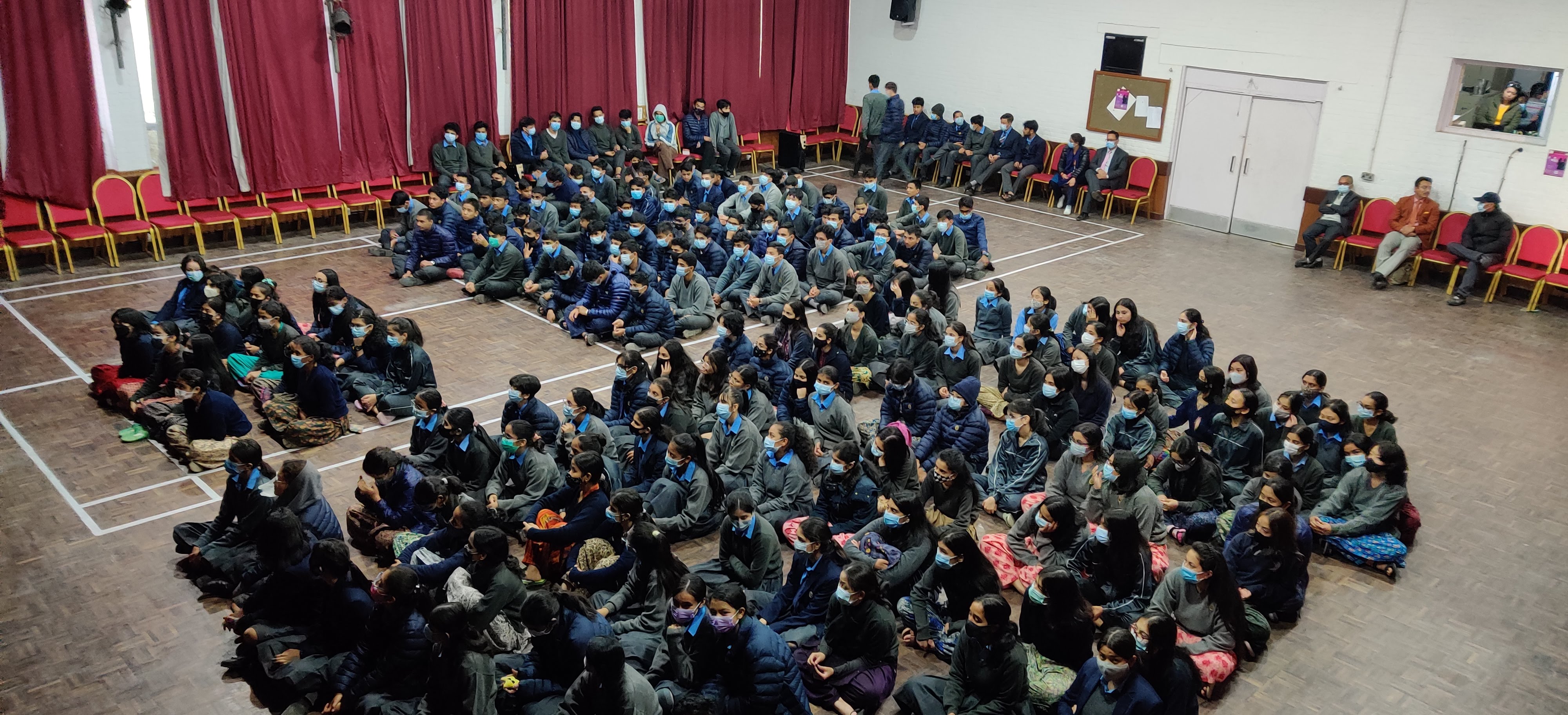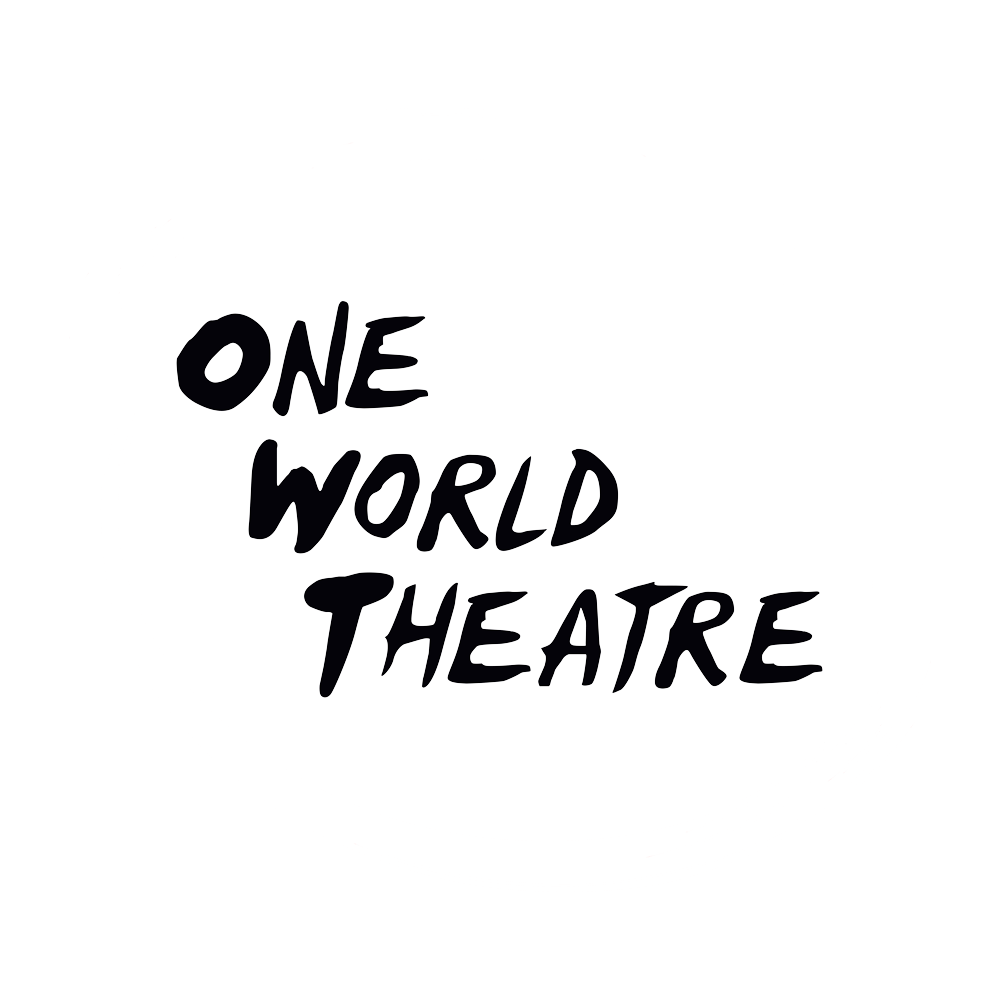Stop Kiss' educational outreach
Published on December 6, 2021

While Stop Kiss public shows at Shilpee were relatively successful, the real added value of this production lay in its educational outreach to schools and colleges. Of the nearly 1.000 people who watched the play, 410 had attended one of the three performances specifically for schools or colleges. Two of these happened at Shilpee theatre, offering Thames College and Ullens students a theatre black box experience which was new to most of them. The first however took place at Budhanilkantha School itself, on the stage of their auditorium for all Grade 11 and 12 students, over 300 adolescents. While the cast had to adapt to a new stage and with less set items, it was also the performance where the audience members reacted the most. All the jokes were understood and appreciated, and the moments of sweetness like when Callie took the bed sheet off Sara’s feet at the hospital provoked “Aww’s”. But all this paled when the final kiss, which had been building for so long, finally happened before the curtains dropped. Students clapped, stomped and cheered for over a minute, as they rarely witness any intimacy on stage. Once they had quieted down and went for dinner, we gathered in smaller groups for post discussions, facilitated by cast members and educational outreach facilitators. Students talked about the relevance of the play and how many aspects of relationships in general, let alone non-confirming ones, are rarely discussed at the school. Other questions were debated: would two guys kissing have provoked violence more easily than two women? Does the justice system treat victims or survivors with respect or does it blame people who come forward with complaints? Should public displays of affection be frowned upon or should we be able to show our love, and how does that work in Nepali culture? Does this differ for LGBTIQ+, who run the risk of getting harassed until this is normalized? Or will it never be normalized unless we do? What is gender fluidity and how does the concept of biological sex fit into that? Another group went over emotions the play had stirred in them: had they felt happy at moments during the play, sad, confused, conflicted? One group had as main takeaways that you don’t need or can hide from yourself, you should stand up for yourself but also be compassionate. There was definitely a great appreciation of this safe space offered to talk about these issues and a feeling that this is not enough the case at the school, where maybe certain teachers would have also benefited greatly from watching this play. At the school, a process is currently ongoing regarding anti-harassment and bullying. This play fitted in the 16 days of global activism against gender based violence and other student activities were scheduled to be done.
The other two sessions with Ullens and Thames were of course with more limited numbers, so the post discussions were easily held at Shilpee and in even smaller groups. Some of the Ullens students were involved with theatre or visual arts, while the ones from Thames included social workers, psychology or communication. Being older, at least two of these from the start self identified as members of the LGBTIQA+ community and shared how the play had so directly impacted them.
One of the most important LGBTIQA+ Nepali activist, Vhikkhu Kassyapa, now a monk but formerly known as Sunil Babu Pant who founded Blue Diamond Society, was the first openly guy Asian elected Parliamentarian and instrumental in the 2008 Supreme Court ruling which decriminalized homosexuality and allowed same-sex marriage also attended the play. He afterwards answered questions of students for an hour, together with his friend and activist Usha Titikshu.
Change doesn't happen overnight, but we can hope this play and the discussions it provoked can have contributed to spreading three key messages:
- Violence is not acceptable, no means no.
- Accept others
- Accept yourself
